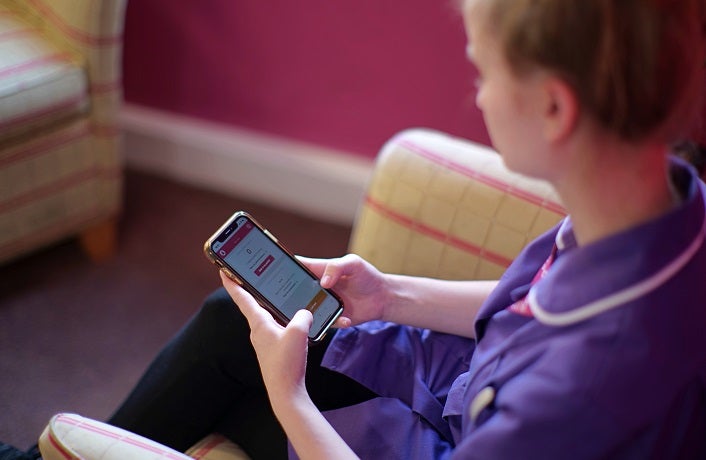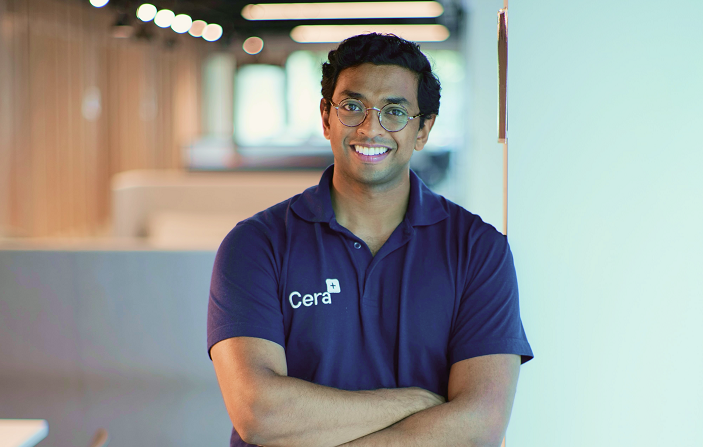Even now, Maruthappu says his personal experience remains a strong, motivating factor for Cera’s mission to ensure that other families don’t end up in a similar situation.
“We don’t want them to be [contacting] multiple care companies, trying to find someone who could provide care at short notice. We’re able to start care very quickly because of our technology.”
A waiting-room game
During last year’s competition, one of our key considerations when selecting the top 100 new businesses was consumer demand. After all, there is no business without customers.
Cera’s smart business strategy has left it far from short in this area. But there are other external influences which have contributed to the increasing demand for at-home care services.
Poor funding as well as the UK’s ageing population has put considerable strain on NHS hospitals, leading to longer waiting times and difficulties finding in-person treatments.
In February 2022, the Department of Health and Social Care pledged to ensure that everyone who has been waiting at least two years for hospital care would be treated by the end of July. Earlier this month, it admitted that the target will be missed.
How does Maruthappu feel when he sees headlines like that?
“I have huge empathy for frontline NHS staff who are working harder than they’ve ever worked before,” Maruthappu says, “[but] on the other hand, I also think it’s a shame that ministers aren’t following through with their pledges.
“I think Cera can play a key role in taking [these] pressures off the NHS so that it can look after the patients with the greatest needs who may require operations or cancer treatments or others.”
One of the organisation’s more ingenious service provisions is its specially-developed technology. Patient information is gathered by carers and inputted into the Cera app. This is then stored securely so that families can access their loved one’s up-to-date health and visitation records, instantly.
But the startup’s business model is also about preventative – not just reactive – care. Via a clever AI algorithm, Cera can also analyse the information it gathers to predict health outcomes, including even supposedly random events.
“That gives us an important window of opportunity to intervene and keep that person healthy at home rather than their health getting worse and needing to go to hospital,” Maruthappu explains.
The platform is already responding to more than 5,000 ‘high risk’ alerts a day for conditions like dementia and diabetes, while Marathappu claims it reduces the likelihood of a fall at home by 20% – helping to improve NHS care capacity as a result.

Read the full article here






